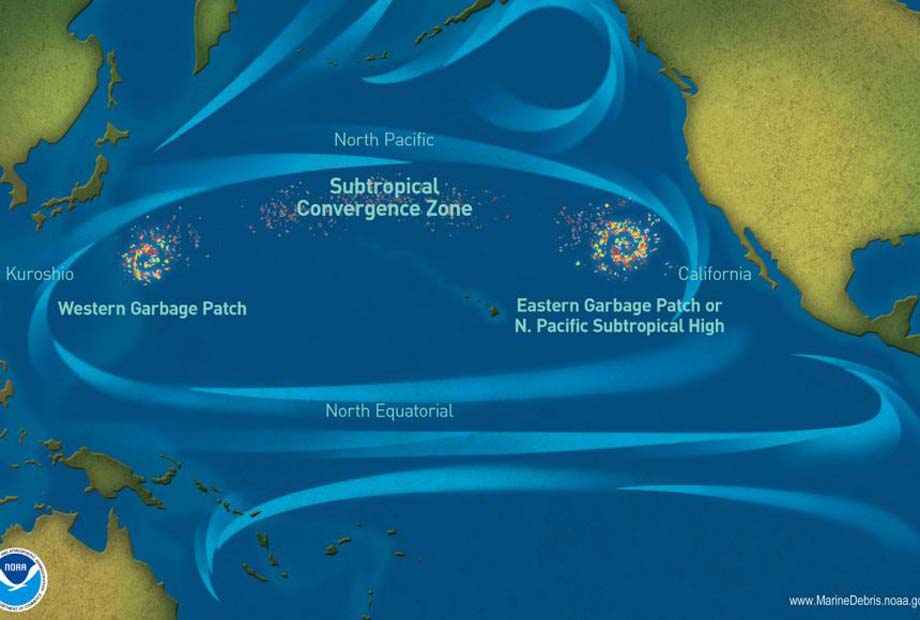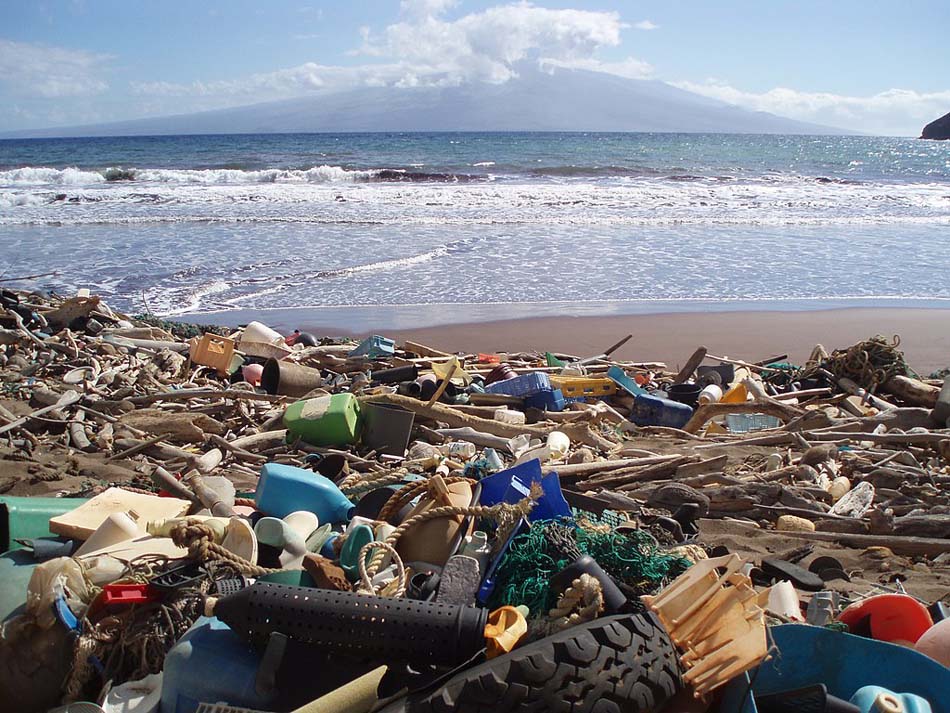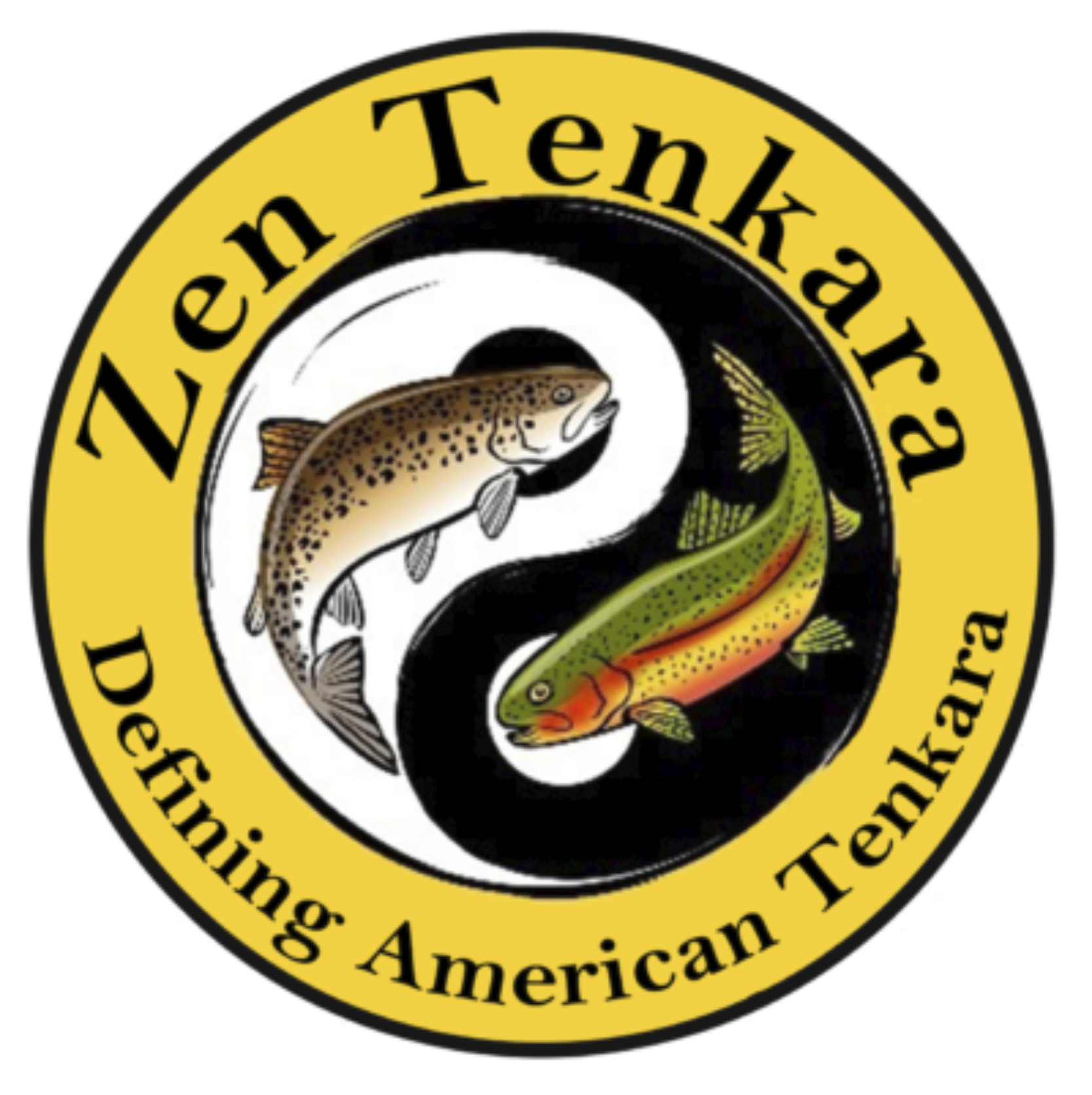
The Great Pacific Garbage Patch is a collection of marine debris in the North Pacific Ocean. Also known as the Pacific trash vortex, the garbage patch is actually two distinct collections of debris bounded by the massive North Pacific Subtropical Gyre. NOAA map.
I wrote the story, We need to stop the bead in 2018

Jennifer manages The Tiger Hill Naturalist and is a Forest Immersion Guide. An expert in wetlands ecology, she holds a degree in environmental policy from the University of Denver. She currently lives in Southwestern Pennsylvania with her husband and four cats – Winston, Bob, George, and Charlie.
By Jennifer Kellley
Since then, I have grown more confounded by companies, individuals, and governments advocating economic opportunism over solid commitments to reversing climate change. I am confounded because without a livable, resource rich, balanced and healthy environment, nothing else will work. Food systems will fail, biodiversity will decline, water systems will degrade, and forests will disappear.
As to my original story, unfortunately, microplastics continue to pollute our waterways, oceans, and lakes exponentially. We must continue to do what can on the individual level, urge our local and national governments to act, and hold corporations accountable for irresponsible practices.
I will leave you on this rather somber update with some good news, one hundred and seventy-five countries have signed a legally binding agreement to address plastic pollution. Read more here . . .
As well, the UN has dedicated this decade as the Decade on Restoration. Read more here . . .

Plastic Pollution in Kanapou Bay, Kaho‘olawe, Hawaii. Photo credit NOAA’s National Ocean Service
taken, 10 July 2012 ~ Commons image.
WE NEED TO STOP THE BEAD
By Jennifer Kellley, conservation editor / June 1, 2018
June 5th is World Environment day. This year’s theme is #BeatPlasticPollution. It is relevant to citizens and anglers worldwide because plastic trash dissolves into micro-particles that enter ecosystems and food chains both on land and within our water systems.
Non-degradable garbage
From the depth of the Mariana Trench to your nearby fishing haunt, plastic, namely plastic containers used for single use items, have created up to 13 metric tons of non-degradable garbage worldwide. That garbage is dumped in rivers, lakes, and oceans to such a degree that stopping the deluge of plastic refuse has become one of the most critical conservation issues that exists today. Today, miles wide “islands” of plastic garbage drift across our oceans.
Here are some ways you can make a personal pledge to combat the problem:
- Purchase reusable water bottles and buy a water filter for your faucet.
- Find alternatives to plastic bags, which can be as easy as requesting paper bags to your cashier or bringing a reusable grocery bag to your market or store.
- Use reusable utensils for your lunches, dinners, and snacks when out on the boat or out on the river, or anywhere for that matter.
- Stop using micro-beads, often found in beauty products. The beads easily slip through water treatment facilities and can re-enter the waterways. Fish do not know one way or the other the micro-beads are not food and can seriously affect the health and well-being of populations – both in the wild and in fisheries.
- Volunteer or organize a beach or river shoreline cleanup day in your area or help fund a nonprofit group that is.
- Recycle!
On June 5th, even if it is a small gesture (remember many people doing small things add up), make a pledge to yourself to change your plastic using habits, switch to reusable water bottles, stop using plastic straws, and/or find a conservation group you admire and join up to support the cause.
If you are already doing these things and more, I applaud you! Have any other ideas that help combat plastic pollution? If so, leave a comment about it on our Facebook or Twitter pages.






